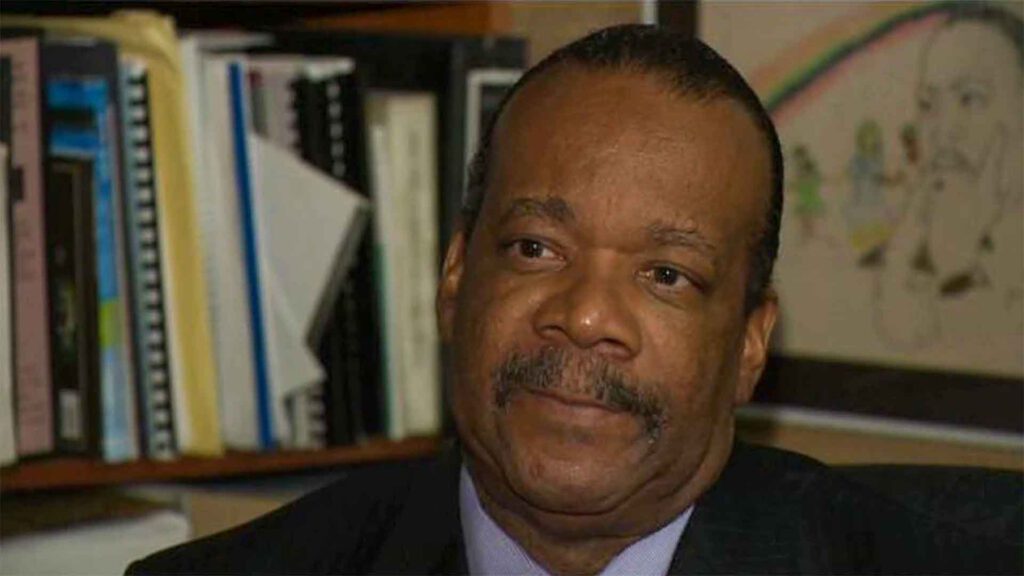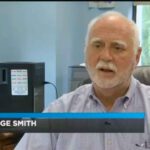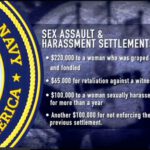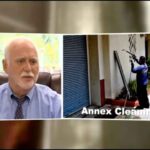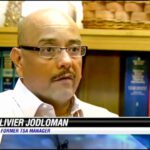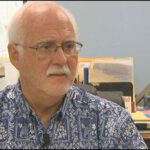HONOLULU (HawaiiNewsNow) – A Transportation Security Administration manager fired from Honolulu International Airport has been reinstated, the fourth TSA manager to win a settlement or successfully challenge his firing after a baggage-checking scandal that resulted in the termination of 36 TSA employees.
“I was charged with being negligent and careless and the judge found that I was neither,” said Raymond Ware, who was let go along with 35 other TSA employees in 2011 after an investigation revealed that for several months, some officers failed to hand-screen checked baggage for explosives at Honolulu International Airport.
As a manager, Ware was in charge of nine separate areas on two levels of HNL’s international terminal, including the lobby where the improper screening happened.
He said he never saw any of his subordinates failing to screen checked bags for explosives.
An administrative judge with the U.S. Merit Systems Protection Board ruled earlier this month Ware should be reinstated to his $89,000-a-year job.
“I look forward to returning and doing what I love to do, which is to protect the flying public,” Ware said.
Three other top Honolulu TSA managers have also successfully appealed their firings or obtained settlements in the case.
Honolulu’s former Federal Security Director Glen Kajiyama, who was also fired by the TSA, won a financial settlement and federal retirement benefits in July, according to his attorney, Elbridge Smith. Kajiyama’s settlement amount was kept secret, according to terms of the deal with the TSA, Smith said.
Deputy Assistant Federal Security Director Adam Myers also appealed his dismissal. In July, Myers settled his case for an amount of money that must remain secret as part of the settlement agreement, according to Myers’ lawyer, Todd Withy.
Last October, former TSA manager Olivier Jodloman was reinstated to his old job by an administrative judge.
“I felt that there were a few bad mangos, but you don’t throw out the entire bushel because of that. There were those that did not screen properly, but it wasn’t everyone,” Ware said.
Ware’s attorney, Daphne Barbee-Wooten, said she hoped the TSA learns a lesson.
“Before an employee is fired, you need to know that that employee actually engaged in misconduct or knew of misconduct. Don’t just decide that ‘Oh, I’m gonna fire from the top up and make a big splash in the news and the media and show that we’re really tough at TSA,'” Barbee-Wooten said.
She said the TSA completed an incomplete, “lousy” investigation.
“They didn’t know the lobby. They hadn’t even walked through the airport to get a feel for what the managers did. They didn’t even see the particular lobby involved. And yet they decided to fire managers,” Barbee-Wooten said.
This is the second time Ware, 62, has gotten his job back from the TSA after being terminated.
The first time, the TSA fired him in 2003, claiming he failed a certification test, but managers refused to show him the results of the test, he said.
He sued the TSA in federal court, successfully claiming the TSA discriminated against him because he was black and came from Texas, so he wasn’t given promotional opportunities enjoyed by Hawaii residents, especially former members of the Honolulu Police Department.
In 2008, federal Judge Helen Gillmor ordered the TSA to rehire Ware, give him a promotion from supervisors to manager and give him back pay and interest of nearly $500,000, Barbee-Wooten said.
“Knowing that I didn’t do anything wrong, yet, I was terminated twice. So it’s a matter of being vindicated, also,” Ware said.
Reached for comment, a TSA spokesman said, “TSA is unable to comment on this issue at this time but strives to provide and maintain the highest levels of security at our nation’s airports.”
If TSA decides not to appeal Ware’s case or loses its appeal, Barbee-Wooten said her client will be eligible for more than $250,000 in back pay, interest, lawyer’s fees and expenses from the TSA.
He was the only one of 36 TSA employees fired in the baggage-checking case who was denied unemployment because the TSA contested it. But in January, he won that appeal as well, getting 16 months of unemployment checks.
“That was another case of, I feel, discrimination,” Ware said. “Because I was the only one who was denied unemployment. And I was the only one that the government sought to deny me from getting unemployment.”
His attorney, Barbee-Wooten, said, “And so it’s just an extra step, an extra negative mark against him. I think that was because he won his first TSA case and they wanted to really try to chill him and prevent him from asserting his rights and saying ‘We can do what we want with you.'”
TSA screeners said in 2011, because HNL’s lobby 4 lacked the proper screening equipment for explosives, TSA workers had to ferry checked luggage more than 500 feet way – in heavy passenger traffic – to screen them for explosives. They were supposed to hand-check bags that did not go through screening equipment, something some workers failed to do, resulting in the investigation and firings.
But screeners described an almost-impossible task during high-traffic check-in periods at the airport, with luggage piling up and pressure to allow planes to depart on time.
Screeners said that lobby contained many international departures on which passengers carried large amounts of checked bas since they tended to travel for longer trips overseas. The lobby houses international airlines including Philippine Air, Korean Air, Qantas, Air Canada, China Airlines and Air New Zealand.

